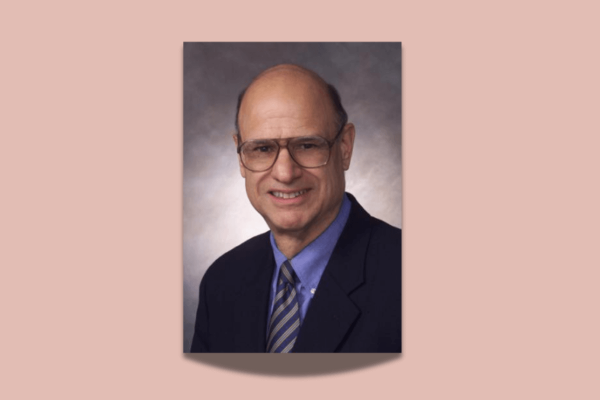Nov 21, 2024
Looking back now, a quarter century later, I see how Tony Campolo’s life shaped my own. When the political operatives of the New Right partnered with Jerry Falwell and other Southern Baptists to use Christian faith to rally a reactionary political movement in the 1970s, Tony understood what was happening.
Read the Full Article

Already a subscriber? Login
